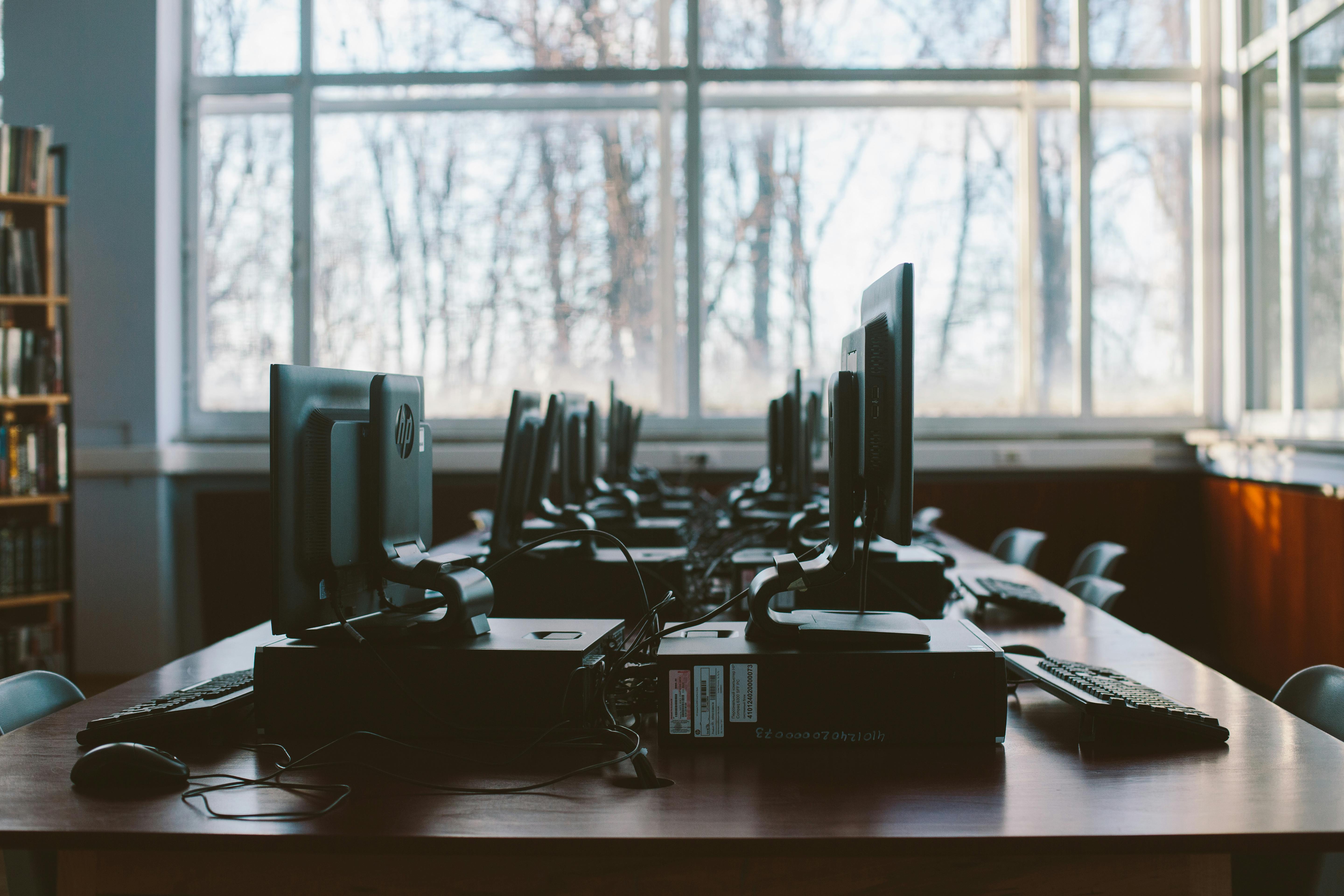Reiki Healers – Anticipation or Expectation?
At the end of each Reiki session, I spend a few minutes talking with the patient about how they feel and what they experienced. Patients often ask me how I feel and I always tell them that I feel refreshed and full of energy. No, I am not a robot, but I find that even on days when I feel physically or emotionally tired, connecting with and transmitting Reiki always actually energizes and invigorates me. I believe that this aspect of Reiki makes it unique among the healing arts.
Why does Reiki work on both the patient and the healer? I believe that it is the very nature of Reiki that makes this happen. Let’s take a step back and think about what an attunement is and why receiving an attunement is an important part of becoming a Reiki healer.
Attunements are like a supercharged Reiki session where the intent is to open the student up to receiving and transmitting a greater amount of life force than they were able to before the attunement. And the effect of the attunement is cumulative over time, meaning that with each attunement the student may receive increasing amounts of Reiki. (I have often wondered if there is a natural limit to this. If you had an attunement every day for a certain period of time, would you be able to receive all the Reiki in the universe?)
The same effect occurs on the student’s ability to transmit Reiki. This is a very important part of the Reiki Master’s intention, that the student use Reiki not only for himself, which is important, but to use it to heal others and to constantly develop a sense of deep compassion for all. living beings.
To use a real 21st century analogy, we are like a living network, wireless range extenders, connecting to the wireless life force of the universe, absorbing it, and then relaying it to the network of living beings.
Another key factor that all Reiki students learn from day 1 is that Reiki has its own intelligence and that it “knows where to go”. True, we use our healing intuition to guide our hands to the place of the patient that needs healing or we visualize Reiki flooding the area of the patient that is distressed. In my Reiki practice, I have seen tears and holes in patients’ auras and have used Reiki to repair them. However, at the end of the day, we know that it is not us but the patients who are responsible for their own healing.
And this is the difference between anticipation and expectation. Expectation leads to all sorts of negative emotions like disappointment, guilt, judgment, and a sense of failure. Anticipation, on the other hand, leads to surprise, excitement, and hope. As Reiki healers, we know the power Reiki has to heal, so let’s share that anticipation with our patients so they can feel empowered with a sense of hope and potential for the future. If we can do that, then we can keep our own practice energized.
I’d love to hear your thoughts on this, so please leave a comment below.



Recent Comments